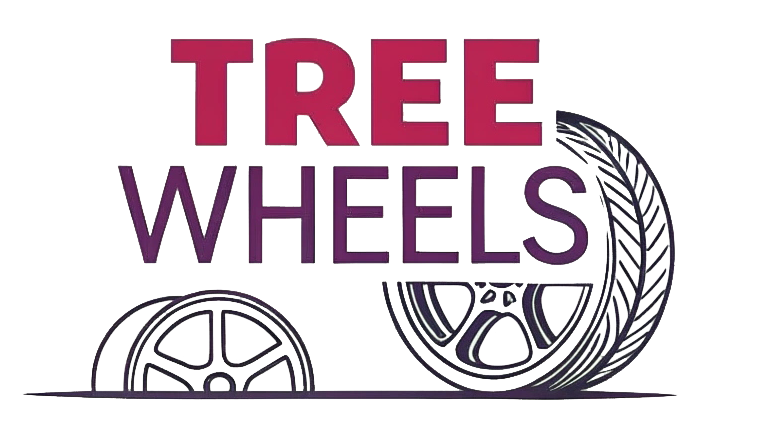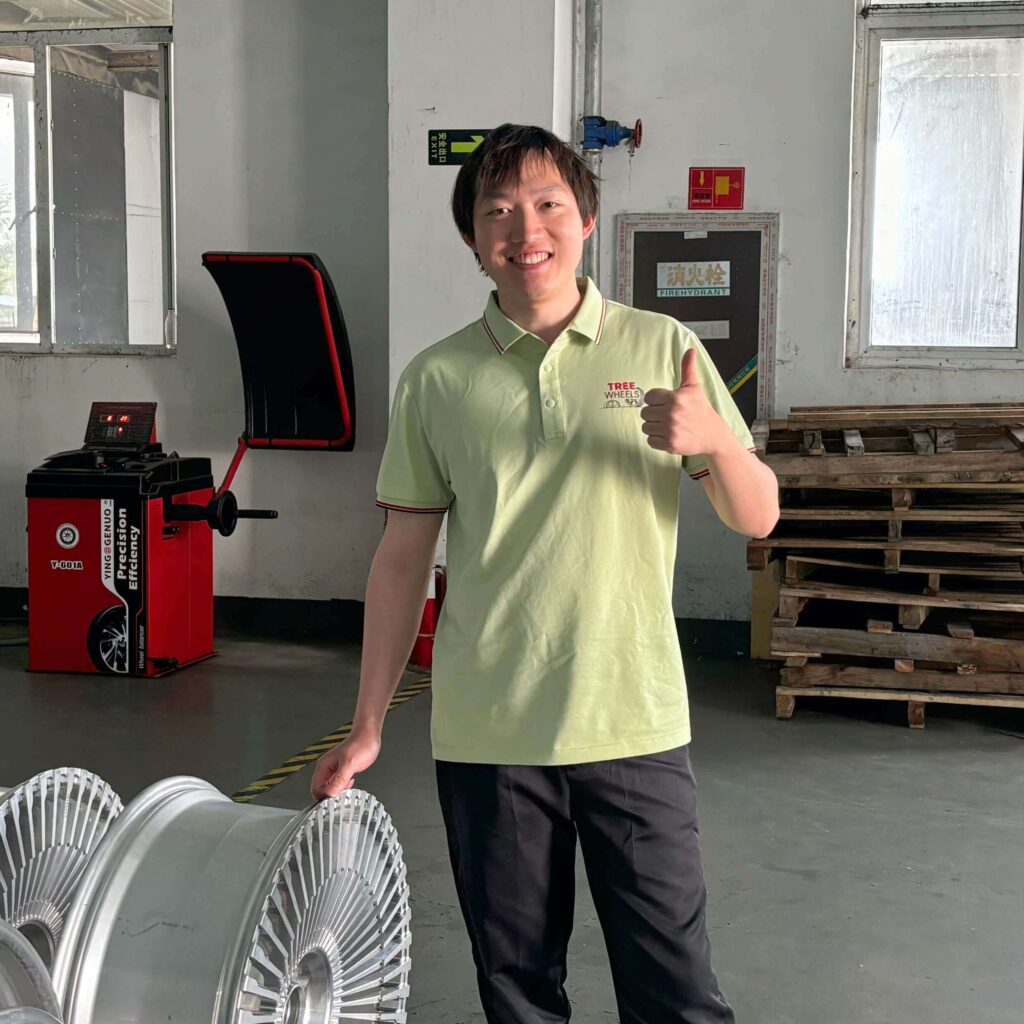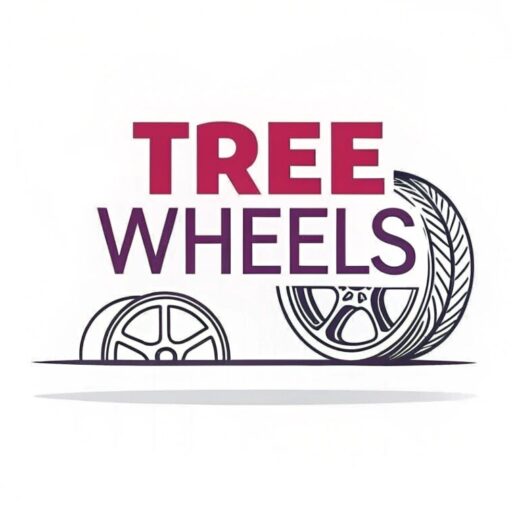When you're changing your car's wheels, it's easy to get lost in the jargon—especially if all you know is "alloy wheels." But that’s just the start.
Aftermarket alloy wheels are non-original wheels made from aluminum alloys, often chosen for better performance, looks, or both.

Buying wheels seems simple—until it isn't. If you just search for "alloy wheels," you'll end up with too many options that vary in strength, weight, design, and even safety. In fact, almost every wheel you see today is an alloy wheel. But that doesn’t make them all the same. That’s why it’s important to understand what "aftermarket" means, and what makes a wheel truly worth your money.
What are aftermarket alloy wheels?
A new set of wheels can totally change the way your car looks and drives. But when people say “aftermarket wheels,” what exactly do they mean?
Aftermarket alloy wheels are wheels made by third-party manufacturers instead of your car’s original brand. They come in more styles and can perform better than factory wheels.

When I first got into wheel customization, I thought alloy meant "high-end." But alloy just means it’s made from a mix of metals, usually aluminum and a bit of something else like magnesium. Nearly all modern wheels are alloys. What really matters is who makes them and how. If it’s not from your car’s brand and came later, it’s aftermarket.
Alloy ≠ Aftermarket
Alloy wheels just describe the material. “Aftermarket” means they weren’t included when your car was new. For example, forged wheels made by a brand like Tree Wheels are aftermarket—but so are cheap cast wheels from unknown brands.
Why go aftermarket?
Factory wheels are made to meet general needs. Aftermarket wheels can focus on strength, lighter weight, or even a wild custom look. They give car owners control over performance and style.
What defines aftermarket rims?
Not all non-factory wheels are created equal. But what puts a rim in the “aftermarket” category?
Aftermarket rims are defined by being made outside the original car manufacturer, often with more variety in size, design, materials, and construction.

When I started sourcing wheels, I realized that many shops label everything not OEM as aftermarket—but there’s more to it. True aftermarket rims often come with customization options. They’re built to replace your factory rims but usually offer something better: stronger build, lighter weight, or unique designs.
OEM vs. Aftermarket
| Feature | OEM Wheels | Aftermarket Wheels |
|---|---|---|
| Manufacturer | Car Brand | Independent Company |
| Design Choices | Very Limited | Wide Variety |
| Custom Sizes | Not Available | Fully Customizable |
| Material Options | Usually Cast | Cast, Flow-formed, Forged |
The value in materials
Good aftermarket wheels use 6061-T6 aluminum alloy. This specific alloy gives a better strength-to-weight ratio. It’s a must if you want both safety and performance.
How to tell if rims are aftermarket?
If you’ve just bought a car or a used set of wheels, you might want to know where your rims come from.
You can tell if rims are aftermarket by checking for branding, model numbers, and design differences not matching original specs.

One trick I’ve learned: check the back of the spokes. Aftermarket wheels often have etched or stamped brand names, model numbers, or even load ratings. OEM wheels usually show the car brand’s logo and part number. If the finish, design, or size is wildly different from what your car came with, it’s likely aftermarket.
What to check:
- Brand name: Does it say “Tree Wheels,” “BBS,” or something unrelated to your car brand?
- Load ratings: Quality aftermarket brands mark these for safety.
- Center cap: OEM caps usually have your car’s logo. Aftermarket ones often have a different design or no logo.
- Size and offset: If they don’t match factory specs, they’re not OEM.
What are the disadvantages of aftermarket wheels?
Aftermarket wheels offer style and performance—but not every option is a win. Some choices can cost you more than money.
The biggest downsides of aftermarket wheels are fitment issues, quality inconsistencies, and potential safety or legal problems if bought from unreliable brands.

I’ve seen it firsthand: someone buys a cheap set of wheels online, excited about the look. But they didn’t check the offset or load rating. The result? Rubbing tires, shaky rides, even cracked wheels. The truth is, aftermarket wheels are only great if they’re well-made and properly matched to your car.
Common problems:
- Wrong fitment: The wheel may bolt on, but if the offset’s wrong, it could stress your suspension.
- Low quality casting: Some budget brands skip quality checks, leading to fragile wheels.
- Legal issues: In some countries, non-certified wheels aren’t street-legal.
- Tire wear: Improper sizing affects tire life and safety.
Always check for certifications
Look for ISO, DOT, JWL, or TÜV compliance. At Tree Wheels, we’re making sure all our forged wheels meet these global standards. You don’t want to find out too late that your wheels were never road-safe to begin with.
Conclusion
Aftermarket alloy wheels are a great upgrade—but only when you understand what you’re buying. Always check materials, fitment, and certifications before switching.
Tree Wheels offers forged, fully customizable wheels built for safety and style.



